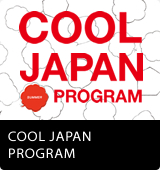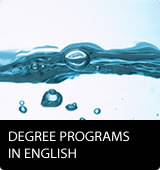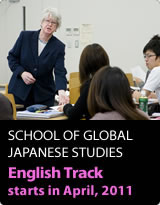
School of Information and Communication
Independent internationalization based on multiculturalism
The School of Information and Communication is swimming with the tide in following an international course towards multiculturalism, but at the same time we are promoting internationalization based on our own independent policy. We have divided our international strategy into three main policies. These policies are as follows: (1) to develop a foreign language education with a curriculum which offers a range of foreign languages; (2) to internationalize our education and research by setting up international exchange links between this school and schools at universities in Europe, Asia and America in an independent manner; (3) to be meticulous in supporting international students.
In relation to number (1), we have expanded our foreign language curriculum from the usual English, German and French, to include Spanish, Chinese, Korean and Russian since 2008. This new curriculum allows students to choose any two of these seven languages. In relation to number (2), in June of 2009 we concluded our first agreement on international exchange with Chonbuk National University in Jeonju, South Korea. Moreover, to mark the 100th anniversary of Japan’s annexation of Korea in autumn of 2010, we are planning to hold an international symposium and to invite researchers from universities such as Chonbuk National University. In addition to these efforts, we are also currently in negotiations on establishing partnerships with several universities around the world including the Faculty of Industrial Education at King Mongkut's Institute of Technology Ladkrabang in Thailand, the School of Communications at the University of Memphis in the USA and the School of Communications at Université Paris 13 in France.
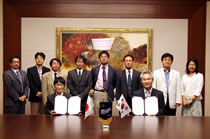
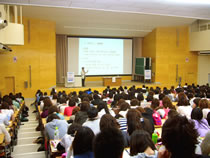
With regards to number (3) on our list of policies, in May of 2010 it is planned to run a three week student exchange with the aforementioned King Mongkut's Institute of Technology in Thailand, in which we will be welcoming several students to our school. In making the most of this opportunity, we are planning to develop a program which serves as an introduction to Japan. We are also planning to put in place a student volunteer system to support the thirty–three international students from various parts of Asia who are currently enrolled at the school. As we are not such a large school, we plan to be realistic and, without taking a route which is beyond our reach, develop a relationship of trust with our partner universities while aiming for meaningful international exchanges.






